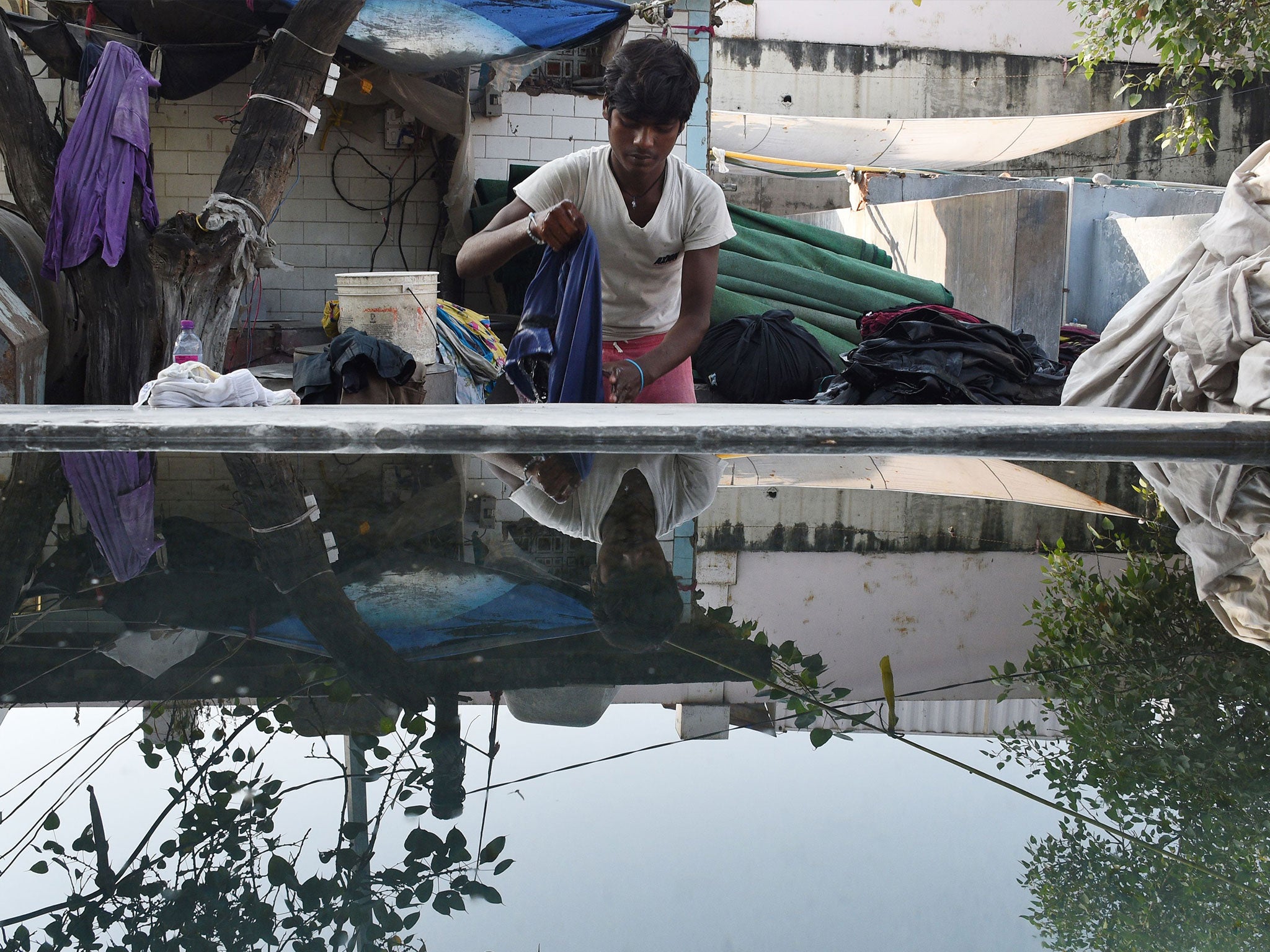India to introduce minimum wage for millions of workers
Draft proposal also guarantees access to social security benefits

Millions of low-paid domestic workers employed in India under zero-hours contracts are to be paid a minimum wage, under plans set out by the country's labour ministry.
The draft proposal guarantees domestic workers access to social security benefits, including maternity leave, pensions and health insurance, and offers protection from abuse.
Domestic workers, around 80 per cent of whom are women, are employed by wealthier Indians to perform household chores, with low pay and little or no job security.
Many come from poor, rural parts of the country, are illiterate and innumerate, and live apart from their families - leaving them particularly vulnerable to abuse.
Announcing the plan, India’s labour ministry said it would “explicitly and effectively expand the scope of applicable legislations, policies and schemes to grant domestic workers rights that are enshrined in laws”.
“Ministry of labour and employment is considering to formulate a national policy for domestic workers under which part-time, full-time and live-in workers, employers, private placement agencies will be clearly defined,” it added.
“The policy aims to promote right to fair terms of employment relating to minimum wages, protection from abuse/harassment and violence, access to social security benefits such as health insurance, maternity benefits and old age pensions.”
But critics say the wording of the proposal is too vague, and it fails to set out a timeline or details on pay or benefits.
Campaigners have long called for a minimum monthly salary of around 9,000 rupees (£105) as well as sick pay and holiday.
Rights group Anti-Slavery International said more than four million workers are employed in India in the unregulated domestic sector, with wages typically two thirds lower than other industries.
The line between domestic work and slavery is also often blurred, with many employed in private homes, leaving them open to poor working conditions, exploitation and abuse.
One woman, Seema, said she was abused by her employers for two years before seeking help from the National Domestic Workers' Movement, Anti-Slavery International’s partners in India.
She said: “I wasn’t paid for the work that I did over two years, except for the absolute minimum that I needed to survive. My employers would shout at me, insult me and beat me.”
Geeta Menon, of non-profit Stree Jagruti Samiti, which focuses on domestic workers' rights, said there was little clarity on how the objectives would be met.
"Neither the government nor the employers are convinced that these workers should have rights and benefits; in fact, they do not even recognise them as workers," she told the Thomson Reuters Foundation.
"The policy itself is weak, there is no onus on employers, and we see little chance of it being effectively implemented.
“Unless our attitudes towards domestic workers changes, their situation will not improve.”
Join our commenting forum
Join thought-provoking conversations, follow other Independent readers and see their replies
Comments
Bookmark popover
Removed from bookmarks